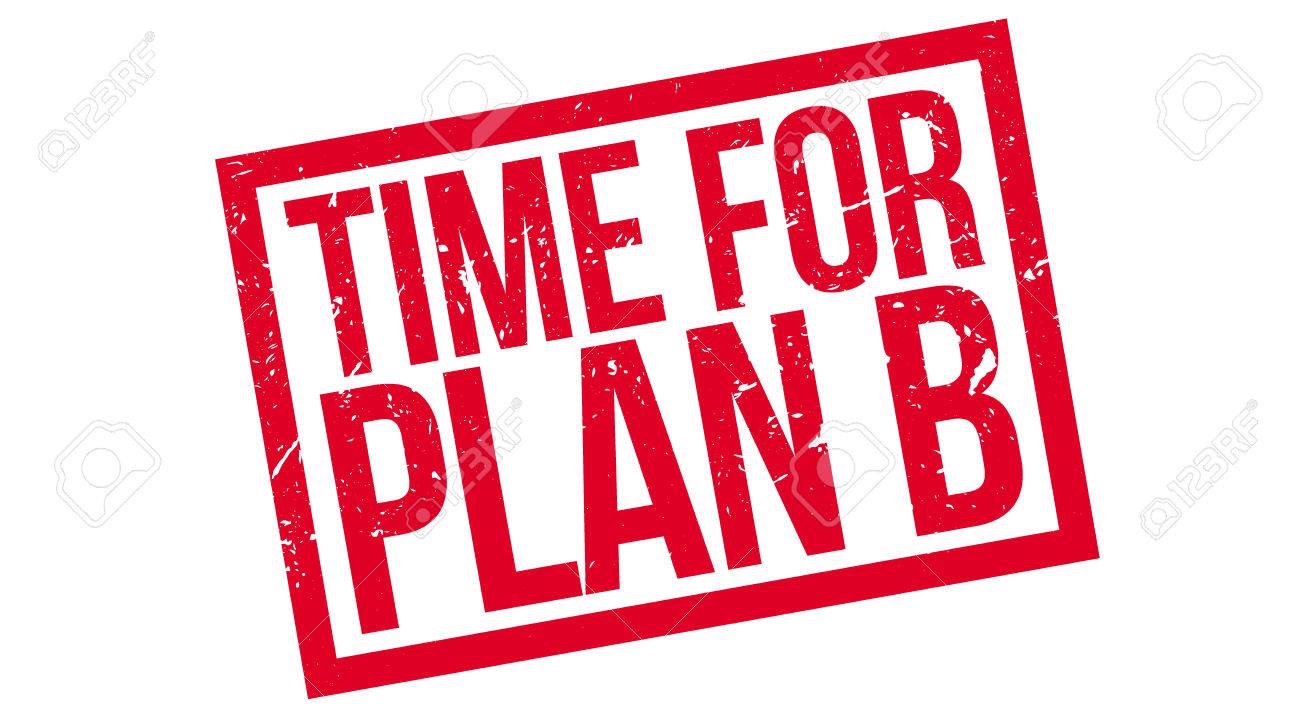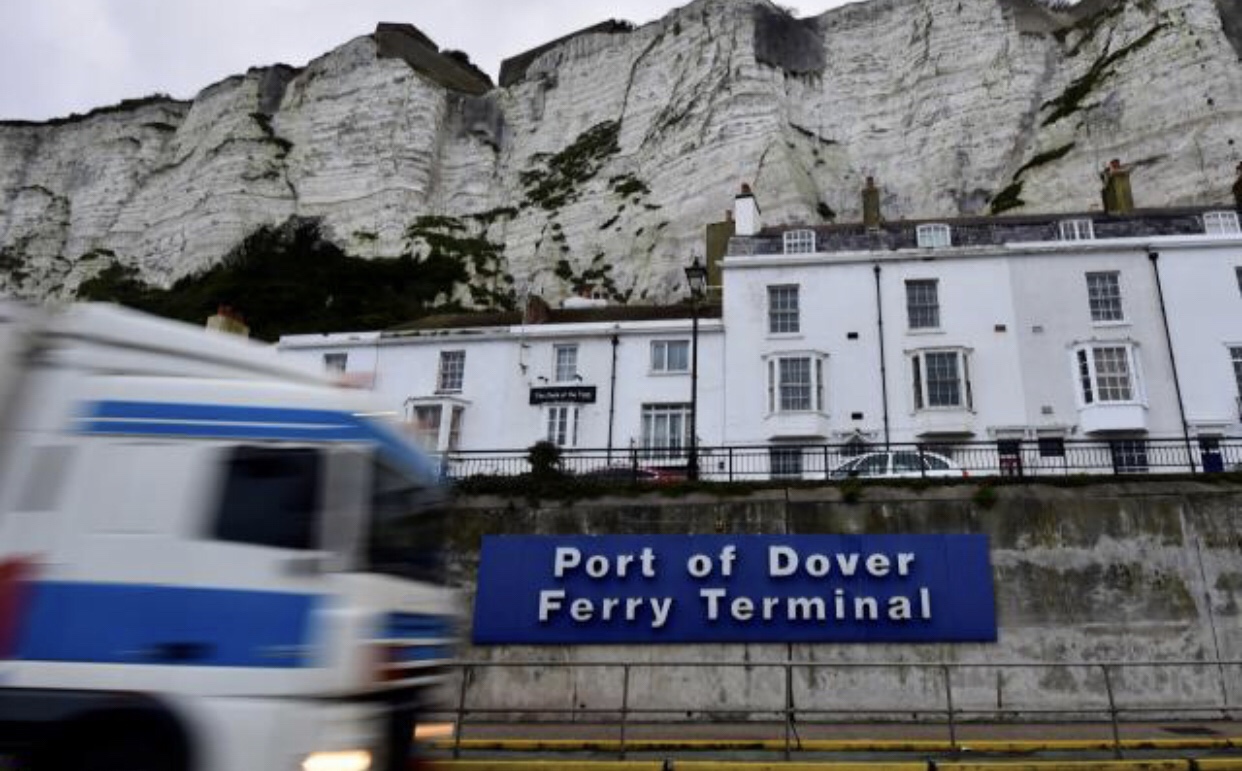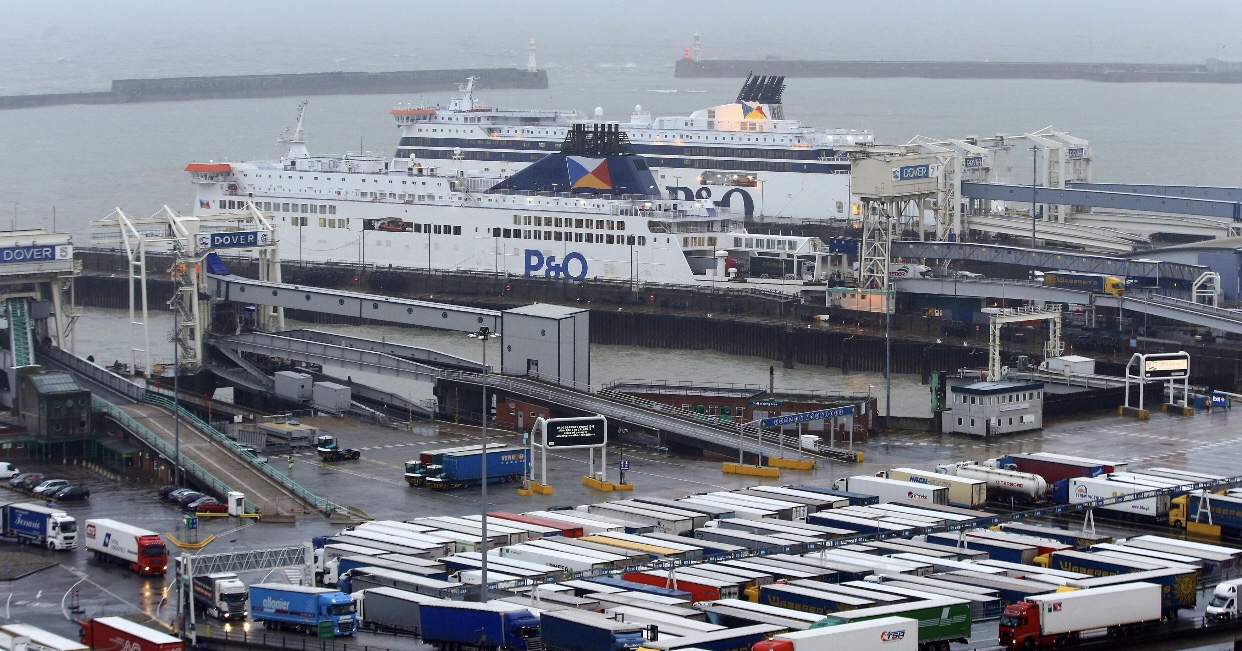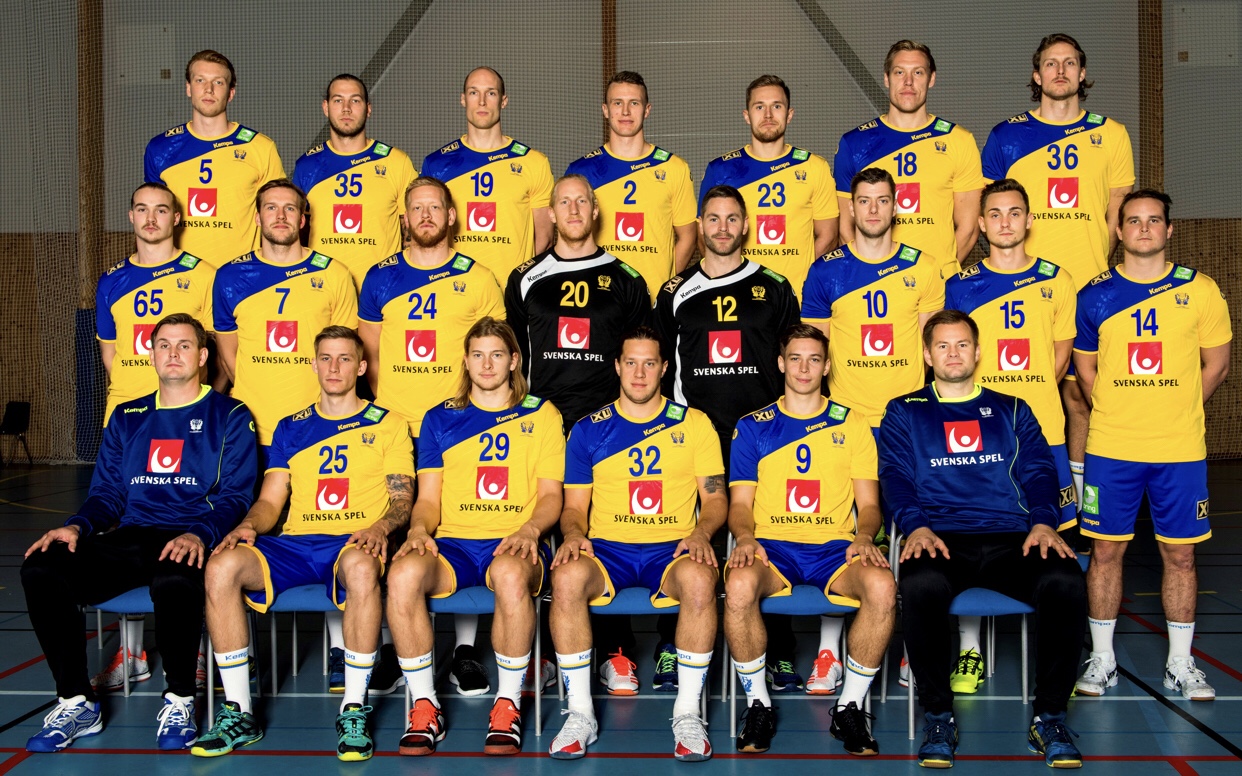Today Theresa May will present her new plan for Brexit.

The prime minister will address the Commons on Monday afternoon, setting out how she intends to proceed with the Brexit withdrawal agreement.
She will also table a “neutral” motion, simply saying that the Commons has considered her statement, which will be debated and voted upon on 29 January.
This motion is expected to attract amendments from groups of backbenchers seeking more of a say in the process.
The British government will spend more than 100 million pounds chartering extra sea ferries to ease cross-Channel congestion if the United Kingdom fails to secure a trade deal before leaving the European Union next year.
Just three months before the United Kingdom is due to leave the world’s largest bloc, the risk of a no-deal Brexit is rising — the nightmare scenario for many businesses, which are now planning for an economic shock.

Extra ships will be needed to work new routes across the Channel in the event that the main French terminal of Calais and Britain’s Dover and Folkestone are clogged up by customs checks.
Currently, Britain’s membership of the EU means that trucks drive smoothly through border checks within the bloc. But in a no-deal Brexit, even a few minutes’ delay at customs for each truck would be likely to mean vehicles backing up at ports and queuing on feeder roads on both sides of the Channel.
To ease a potential backlog, the government has awarded three contracts to provide additional freight capacity on routes from English south-coast ports including Poole, Portsmouth and Plymouth.
They comprise one worth 47 million pounds with the French firm Brittany Ferries, a 47 million pound deal with the Danish shipping company DFDS and a 14 million pound contract with Seaborne Freight.

The leader of the opposition Liberal Democrat party, Vince Cable, called the move “complete madness” and said public money was being spent recklessly in a last-minute bid to prepare for a no-deal outcome.
The contracts were not put out to tender. The Department for Transport said it was responding to a “situation of extreme urgency” brought about by “unforeseeable events”.
About 16,000 trucks pass between Dover and Calais every day, transporting everything from perishable food to medicines and the industrial goods needed to keep factories running.
“This extra capacity is a small but important element of the DfT’s no-deal planning,” the Department for Transport said in a statement. “While remaining committed to working to ensure a deal is reached, the department is helping ensure the rest of government are fully prepared for a range of scenarios.”
Earlier this month, the government announced that all government departments must step up planning for a no-deal Brexit, including putting 3,500 armed forces personnel on standby to deal with any disruption.
Source: Reuters
The World Handball Championship for Men 2019 is played in Denmark and Germany right now.

Handball is my old sport which I played on a high, semiprofessional level as young. It is also my favourite sport. A tough game.
After the group games there are twelve teams left invtwo pools. Group A: France, Germany, Spain, Croatia, Brasil and Iceland. Group B: Denmarl, Sweden, Norway, Egypt and Tunisia.
The two best teams from each group will play semifinals later this week.

Sweden is together with France the two mist successful countries with four Wirld Cup titles each. Hiwever, France has dominsted the fame the last decade. Also European Champions Spain, Germany, Denmark, Croatia are very good. And Norway has a new young and talented team.
Sweden has won our first six games. Only Denmark has done the same. We are now plsying Norway tomorrow and Denmark on Wednesday. We need to win one of those games to secure our place in the semi-finals.
“There is a chance for Sweden to win the title this year”
We have a very good team this time. For a first time in ten years we are challenging for the title again. We have a young talented team, that became silver medalists in the EuroCup last year – and on top of that three world class players that previously for different resdon didn’t play for the national team are back.
 Kim Ekdahl Du Reitz is back in the national team and so is Kim Andersson and Andreas Niksson.
Kim Ekdahl Du Reitz is back in the national team and so is Kim Andersson and Andreas Niksson.
This will be a fun week. We are going for gold.






You must be logged in to post a comment.